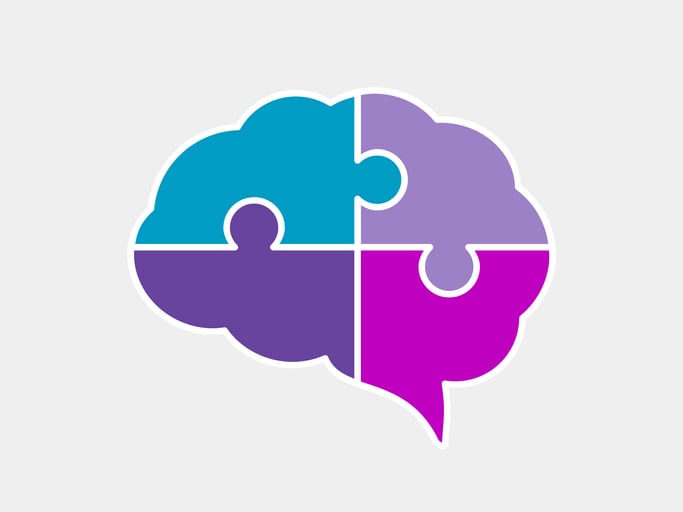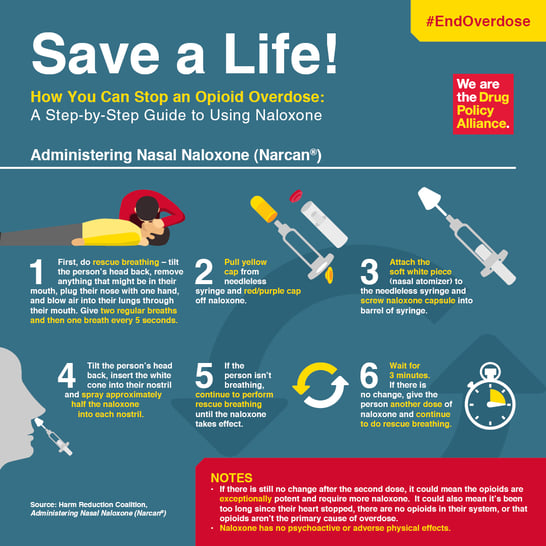
For many years, the healthcare field has struggled with staffing issues, including the Nursing shortage. The COVID-19 pandemic brought these issues front and center. Everyone including Patients, Nurses, and Health Systems benefit from higher staffing rates.
Improved staffing levels reduce:
- Mortality rates
- Length of stay
- Readmission rates
- Preventable health care associated injuries and illnesses such as falls, infections, and pressure injuries
According to research:
- Higher numbers of patients per Nurse was strongly associated with the administration of the wrong medication or dose, pressure ulcers, and patient falls with injury.
- Short-staffing increases patients’ risk of death by between 4% and 6%. This risk is higher within the first five days of admission.
Five organizations came together in 2018 to form the Partners for Nurse Staffing in a collaborative effort to explore new solutions for Nurse staffing issues. In early 2022, they launched the National Nurse Staffing Think Tank.
The Partners for Nurse Staffing includes:
- American Association of Critical-Care Nurses (AACN)
- American Nurses Association (ANA)
- American Organization for Nursing Leadership (AONL)
- Healthcare Financial Management Association (HFMA)
- Institute for Healthcare Improvement (IHI)
The think tank made recommendations to address the Nurse staffing crisis within a 12-18 month implementation timeframe.
The recommendations include:
Healthy Work Environment
- Elevate clinician psychological and physical safety to equal importance with patient safety through federal regulation.
- Specialty Nursing organizations should investigate evidence related to scope of practice and minimum safe staffing levels for patients in their specialty.
Diversity, Equity and Inclusion (DEI)
- Implement Inclusive Excellence, a change-focused iterative planning process whereby there is deliberate integration of DEI ideals into leadership practices, daily operations, strategic planning, decision-making, resource allocation and priorities.
Work Schedule Flexibility
- Build a flexible workforce with flexible scheduling, flexible shifts and flexible roles.
Stress Injury Continuum
- Address burnout, moral distress, and compassion fatigue as barriers to Nurse retention.
- Incorporate well-being of Nurses as an organizational value.
Innovative Care Delivery Models
- Implement tribrid care delivery models that offer a holistic approach with three components, including onsite care delivery, IT integration of patient monitoring equipment, and ambulatory access and virtual/remote care delivery. This approach will improve access, patient and staff experience, and resource management, with continuous measurement for improvement and adjustment for sustainability and support.
Total Compensation
- Develop an organization-wide formalized and customizable total compensation program for nurses that is stratified based on market intelligence, generational needs and an innovative and transparent pay philosophy that is inclusive of benefits such as paid time off for self-care and wellness and wealth planning for all generations.
The time for action is Now. Nurses, and their patients, must have proper staffing levels in order to provide the best care possible!



 Each year during Nurses Week we take the time to show our appreciation for Nurses and all of the amazing hard work they do. Companies have also taken this opportunity to show their appreciation by offering special discounts and freebies for healthcare heroes.
Each year during Nurses Week we take the time to show our appreciation for Nurses and all of the amazing hard work they do. Companies have also taken this opportunity to show their appreciation by offering special discounts and freebies for healthcare heroes.  As a Nurse, you always have essentials in your pockets or bag to help you get through a shift and day-to-day life as you never know when your experience and skills will be needed. Here are some of the essential items Nurses have on hand.
As a Nurse, you always have essentials in your pockets or bag to help you get through a shift and day-to-day life as you never know when your experience and skills will be needed. Here are some of the essential items Nurses have on hand. The
The  There is a dire need for healthcare professionals to care for America's incarcerated patient population. T
There is a dire need for healthcare professionals to care for America's incarcerated patient population. T In the United States, drug overdose deaths have reached historical rates. From September 2020 to September 2021, more than
In the United States, drug overdose deaths have reached historical rates. From September 2020 to September 2021, more than 


 A key tool to reducing health disparities in patient care involves diversifying the Nursing field. The Nursing population should be as diverse as the patient population they serve.
A key tool to reducing health disparities in patient care involves diversifying the Nursing field. The Nursing population should be as diverse as the patient population they serve. The National Commission to Address Racism in Nursing
The National Commission to Address Racism in Nursing